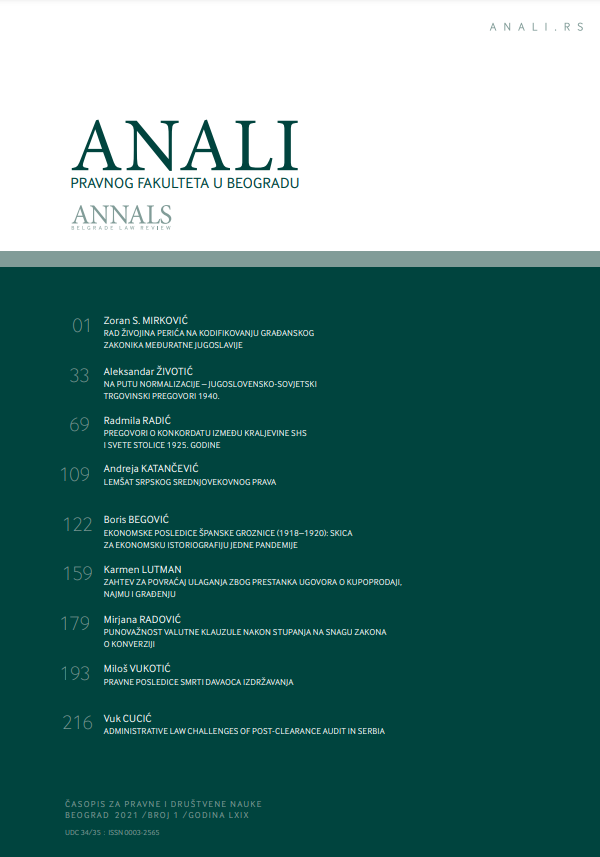THE LEASING CONTRACT
UGOVOR O LIZINGU
Keywords: leasing; contract; leasing business; parties in the business of financial leasing; business cooperation; capital;lessor and the lessee.
In the initial stage of its development The Leasing Contract was close to The Tenancy Agreement. It has been modified over time due to diversity of subject of the contract (eg. technically complex equipment, complicated installation), and the entry of a third party in the leasing business as a financier. Today it has developed into a new autonomus legal business, with its original elements. Our legislators passed the law about only one type of leasing - The Financial Leasing Law - 2003 (abbreviated ZOFL), and it was suggested that in the future the Serbian Civil Code should also regulate the direct leasing - The Leasing Contract. It is very complicated to create a conceptual definition of The Leasing Contract because of diversity of this contract in practice and due to the different approaches to its definition. It is defined, both by law and the economic science. However, it is crucial to make a distinction between the leasing business in the form of financial leasing and The Leasing Contract, as part of the leasing business. In our law the legal sources for this matter are: the Law on the Financial Leasing (as a special law), general obligation and contract law (Law on Obligatory Relations), the Customs Act, laws regarding foreign exchange, foreign trade, taxation and others. The legal sources also include the general business conditions for business entities that are engaged in the of leasing, as well as the formulary leasing contracts. The subject matter of The Financial Leasing Law is the regulation of the financial leasing which consists of three contracting parties and two contracts, namely: Contract on delivery and The leasing contract. Contract on delivery and The leasing contract form one legal and economic entity since these contracts are interconnected and interdependent. Without these two there is no legal component of financial leasing business.
More...





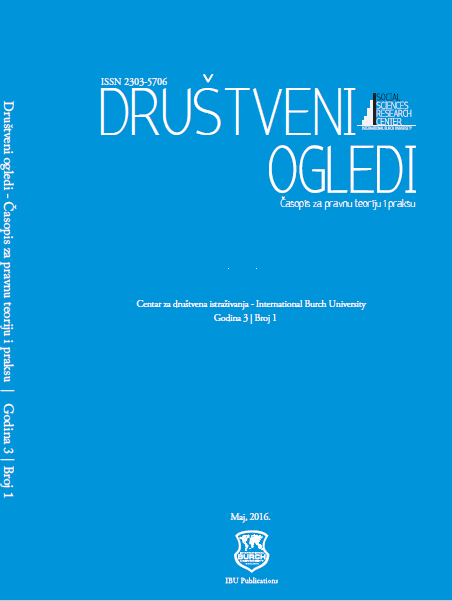
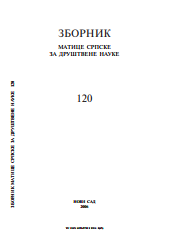
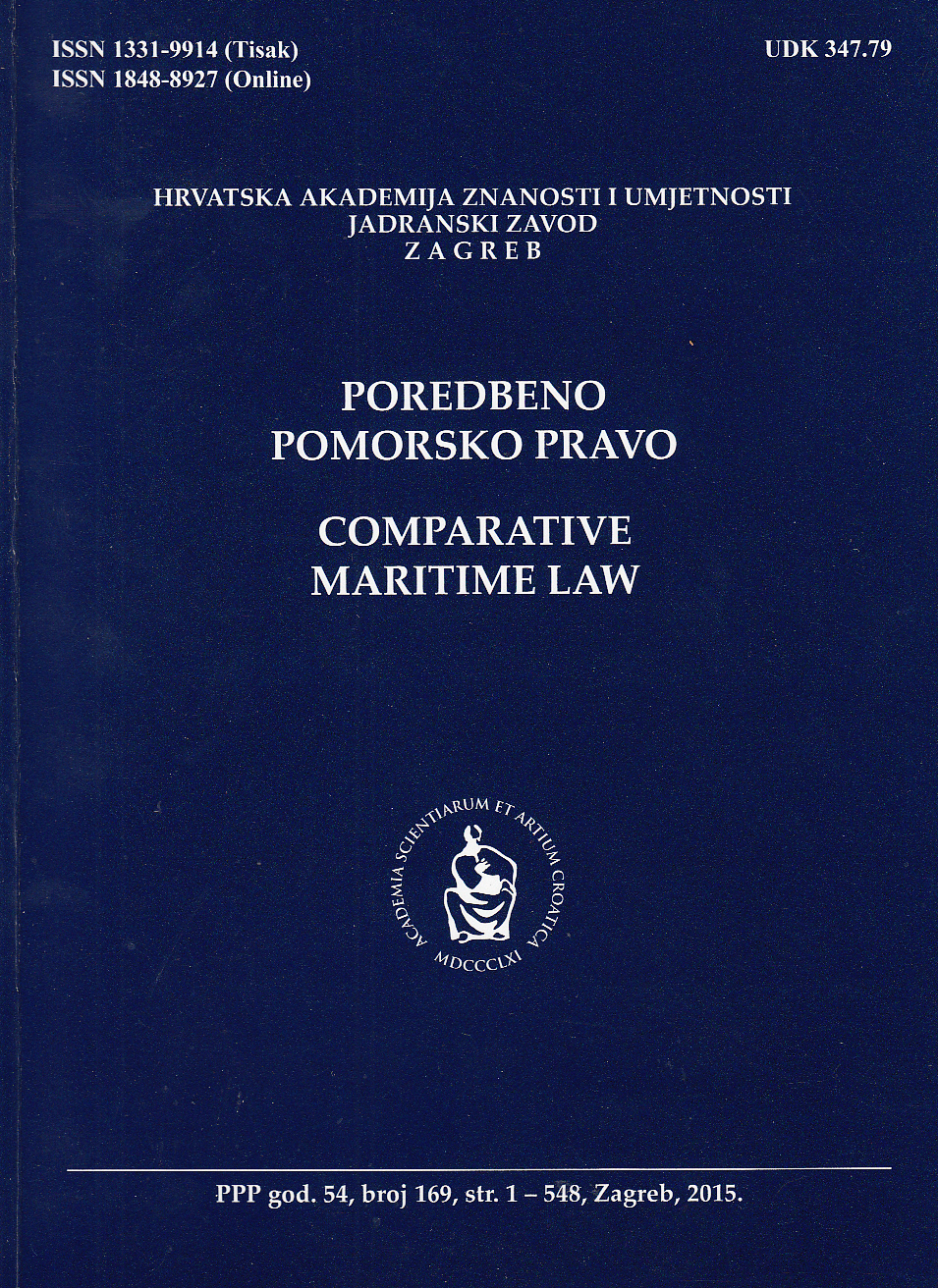
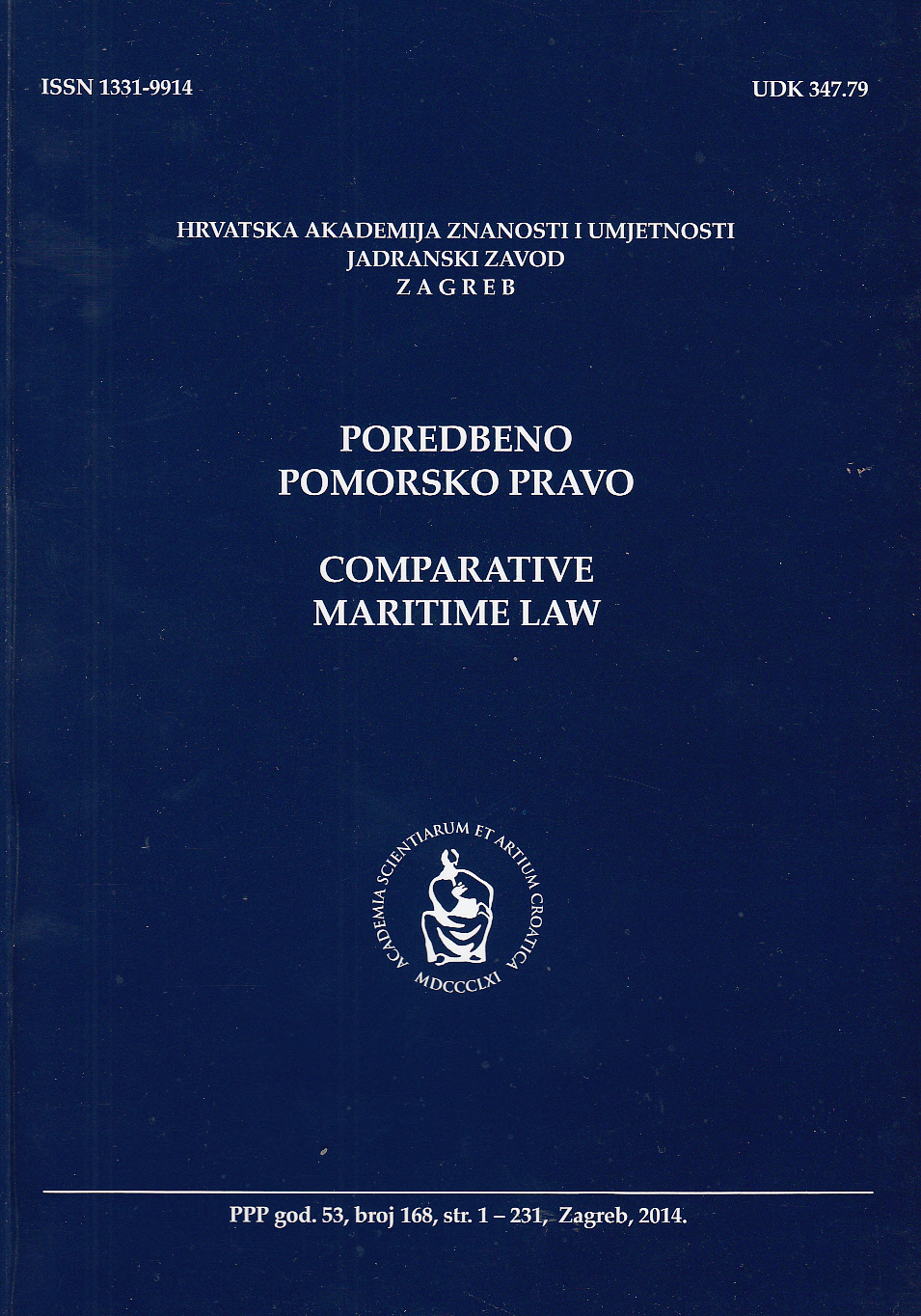
![Sale of Ship - Deception of the buyer : [case review]](/api/image/getissuecoverimage?id=picture_2006_45792.jpg)
